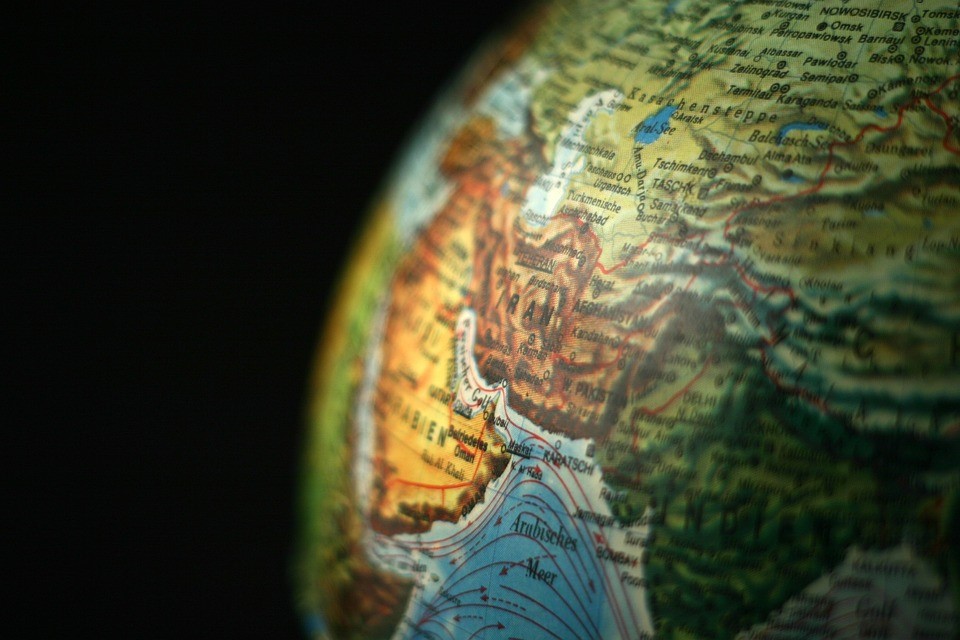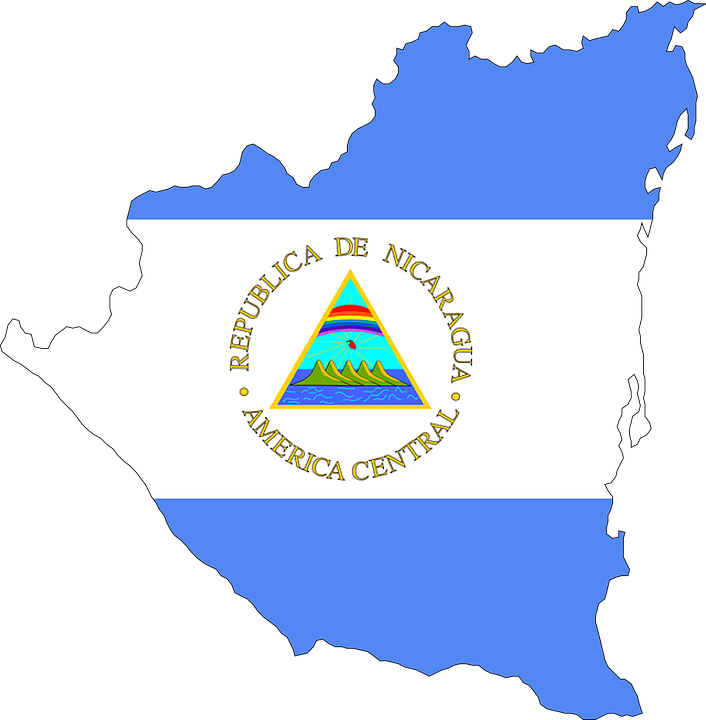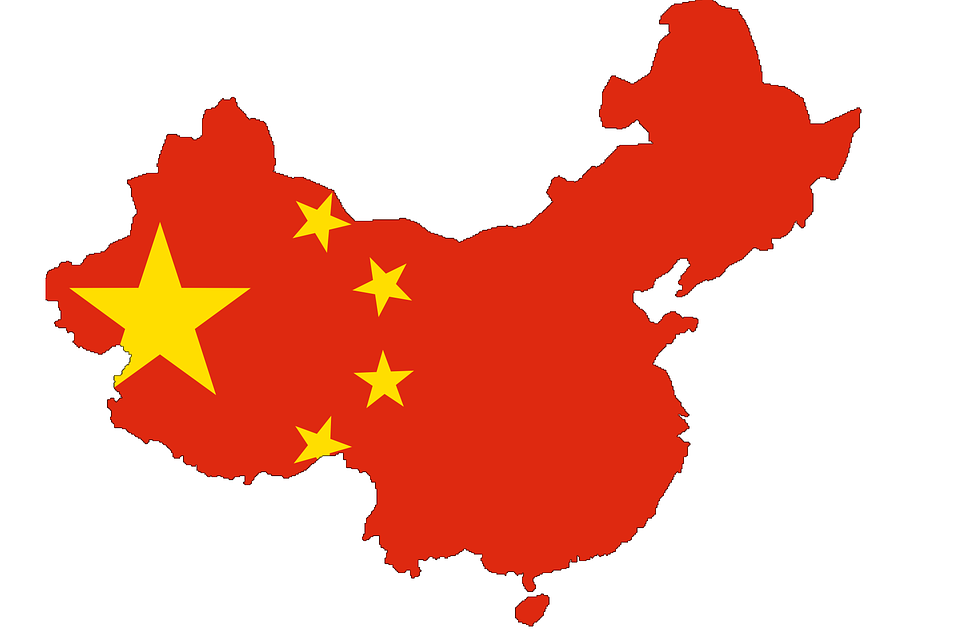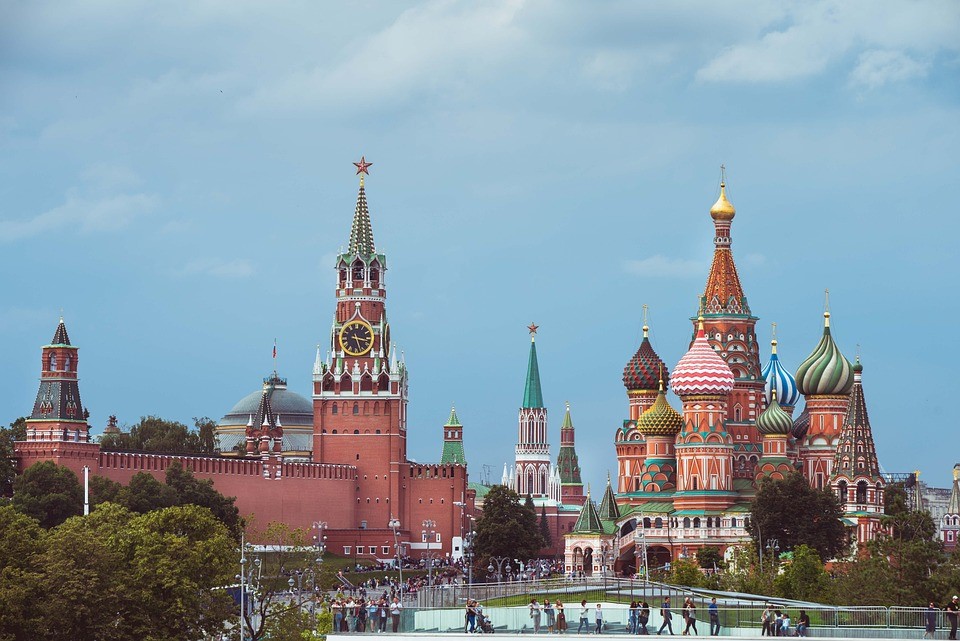The Federal Bureau of Investigation was once one of America’s most respected institutions. However, the increased politicalization of federal agencies in general and the FBI in particular to favor powerful Democrats and oppose Republicans has heavily eroded that trust.
An Inspector General report issued in 2019 outlined instances of shocking bias within the nation’s premier law enforcement agency, a reflection of the overall bias of the Department of Justice. As is now well known, false charges against the Trump campaign and Administration were encouraged, aided and abetted. At the same time, offenses committed by Hillary Clinton, and related process offenses such as her destruction of evidence went unprosecuted.
This isn’t about whether one likes or dislikes Donald Trump or Hillary Clinton. It is about the inappropriate use of federal power for partisan political purposes.
It is also about censorship. It is now established that the FBI used its power and influence to censor at least one story that had the impact of altering the outcome of the 2020 presidential campaign, namely, the Hunter Biden Laptop issue.
Writing for Imprimis , Joseph diGenova notes that “FBI Director James Comey, U.S. Attorney General Loretta Lynch, FBI Deputy Director Andrew McCabe, FBI Deputy Director of Counterintelligence Peter Strzok, Strzok’s paramour and FBI lawyer Lisa Page, FBI General Counsel James Baker, and DOJ senior official Bruce Ohr—perhaps among others—compromised federal law enforcement to such an extent that the American public is losing trust. A recent CBS News poll finds 48 percent of Americans believe that Special Counsel Robert Mueller’s Trump-Russia collusion probe is “politically motivated,” a stunning conclusion. And 63 percent of polled voters in a Harvard CAPS-Harris Poll believe that the FBI withheld vital information from Congress about the Clinton and Russia collusion investigations.
Attempts to address the FBI’s rather overt political bias in favor of powerful Democrats have not been successful.
A scathing report by the Republican members of the House Judiciary Committee reveals that “The Federal Bureau of Investigation, under the stewardship of Director Christopher Wray and Attorney General Merrick Garland, is broken. The problem lies not with the majority of front-line agents who serve our country, but with the FBI’s politicized bureaucracy. The problem lies, for example, with the FBI hierarchy that spied on President Trump’s campaign and ridiculed conservative Americans. The problem lies with FBI bureaucrats who altered and mischaracterized evidence to federal courts, circumvented safeguards, and exploited weaknesses in policies governing investigations and informants to target politically disfavored subjects and to protect favored ones. The problem lies with the FBI structure that centralizes high-profile cases in D.C., in the hands of politicized actors with politicized incentives. Quite simply, the problem—the rot within the FBI—festers in and proceeds from Washington.”
Whistleblowers have described the FBI’s Washington hierarchy as “rotted at its core,” maintaining a “systemic culture of unaccountability,” and full of “rampant corruption, manipulation, and abuse.” Whistleblowers describe how the FBI has abused its law-enforcement authorities for political purposes, and how actions by FBI leadership show a political bias against conservatives.
The abuses weren’t confined to the 2016 or 2020 presidential campaigns. Testimony has been presented that the FBI is artificially inflating statistics about domestic violent extremism in the nation. Whistleblowers have described how FBI leadership is pressuring line agents to reclassify cases as domestic violent extremism even if the matter does not meet the criteria. They also explained how the FBI is misrepresenting the scale of domestic violent extremism nationwide by categorizing January 6th-related investigations as organic cases stemming from local field offices, instead of all related to one single incident. In both ways, the FBI is fueling the Biden Administration’s narrative that domestic violent extremism is the biggest threat to our nation.
One of the most disturbing revelations is that the FBI is abusing its counterterrorism authorities to investigate parents who spoke at school board meetings. Whistleblowers disclosed how, shortly after the National School Boards Association urged President Biden to use the Patriot Act against American parents, the FBI Counterterrorism Division set up a special “threat tag” to track school board-related cases. Whistleblowers provided evidence of how the FBI opened investigations into one mom for allegedly telling a local school board “we are coming for you” and a dad simply because he “rails against the government” and “has a lot of guns.”
The abuse of law enforcement for partisan political purposes is the most dangerous threat to freedom imaginable. Tough reforms must be quickly enacted.
Illustration: Pixabay







